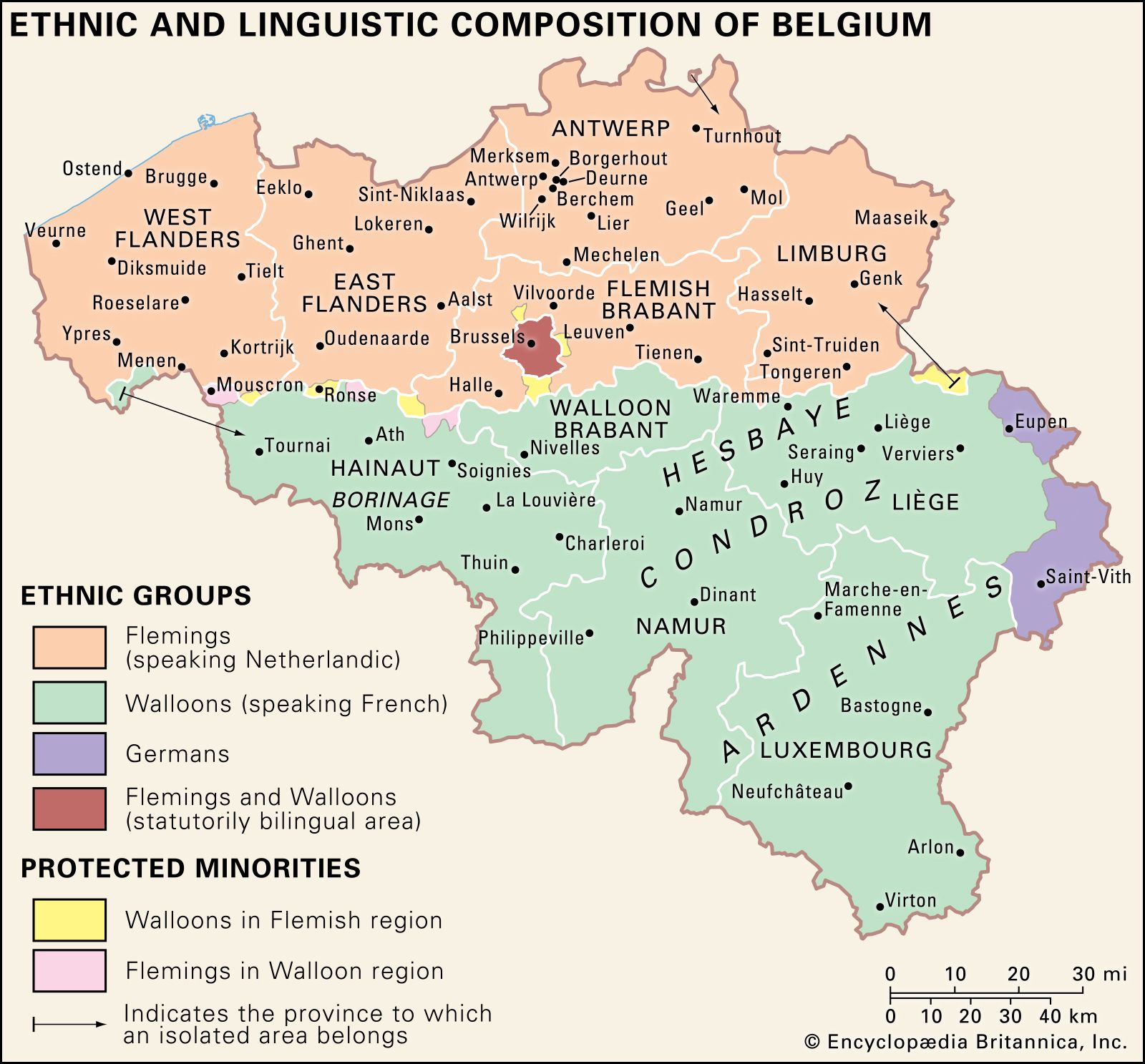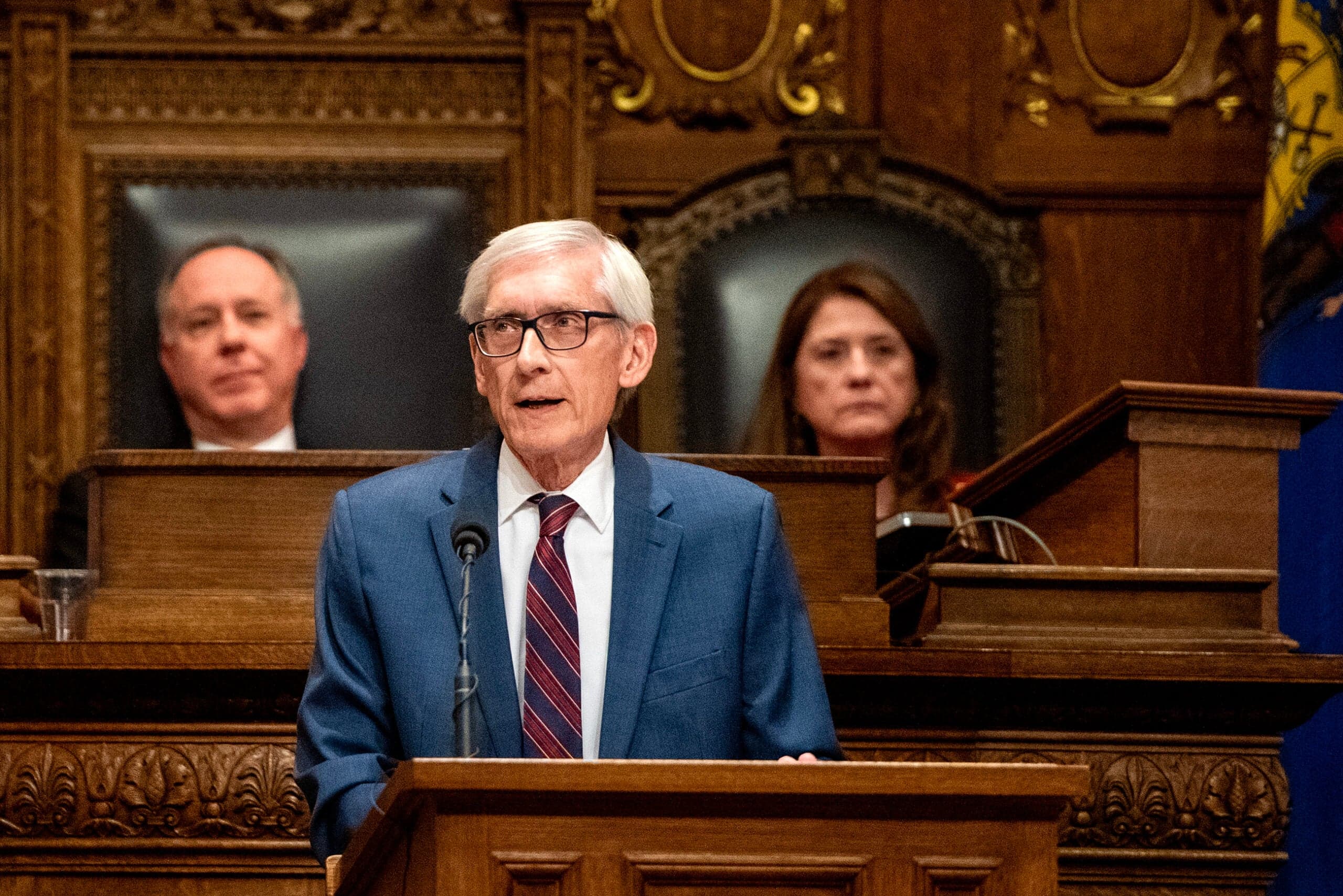White Australia Seeks to Leverage State Power as Ethnic Nationalist Organization
On November 22, 2025, the White Australia movement has emerged as a significant ethnic nationalist organization, aiming to capitalize on state power within the Australian political landscape. This initiative marks a notable shift in the dynamics of Australian politics, where traditional parties are increasingly viewed as unpopular by a substantial portion of the electorate.
Key Details
The White Australia movement is recognized as the first overtly ethnic nationalist organization in recent years to actively seek to influence state power. This development comes at a time when the Australian political system is characterized by multi-party parliaments, where both center-right and center-left parties often rely on swing votes from more radical factions to secure a majority. This situation mirrors the political climate in Germany, where the Green Party and Die Linke have played pivotal roles in shaping policy through their influence on majority coalitions.
In Germany, the necessity of securing votes from leftist parties has led to what some critics describe as "policy lunacy," where even moderate center-right parties like the Alternative for Germany (AfD) are sidelined. This trend raises concerns about the ability of traditional parties to enact popular reforms, as leftist factions exercise significant veto power over legislative initiatives.
In Australia, the traditional political parties are facing growing discontent among voters, particularly those who feel marginalized by the current system. Critics argue that these parties cater primarily to a demographic they refer to as the "imported Third World client caste," which they claim serves as resource extractors and foreign agents, particularly for nations like China and India. This perspective suggests a belief that these groups enforce a form of "anarcho-tyranny" on behalf of the government"s managerial elite.
Internationally, similar right-leaning organizations such as the Red Ensign movement in Canada, the Patriot Front in the United States, and Patriotic Alternative in the United Kingdom and Ireland are also organizing into grassroots clubs. However, the White Australia movement is noted for its pioneering efforts to transition grassroots activism into a bid for systemic power.
Depending on its strategic choices in upcoming electoral races, the White Australia movement could potentially wield a "Chud Veto," influencing key areas such as defense, foreign policy, and domestic affairs. This term suggests that the movement may have the capacity to block or alter policies that do not align with the interests of White Australians.
Background
The rise of the White Australia movement is indicative of broader trends in global politics, where ethnic nationalism is gaining traction in various countries. The movement"s emergence reflects a growing disillusionment with established political parties and a desire for representation that aligns more closely with specific ethnic and cultural identities.

Image for White Australia seeks to leverage state power as ethnic nationalist organization
What"s Next
As the White Australia movement continues to gain momentum, there are concerns regarding the potential for state violence in response to its activities. The Australian government may view the movement as a threat to its stability, leading to possible suppression efforts. Observers note that the political landscape is precarious, with the movement"s electoral, financial, and physical security being uncertain. However, the perceived ineptitude of some Australian politicians may influence how effectively the government can respond to this rising challenge.
For further insights into the evolving political landscape in Australia, see our recent developments regarding the White Australia Party, which has surpassed 1,500 member signups for its federal project.



![[Video] Gunfire between Iraqi security forces and Sadr militias in Baghdad](/_next/image?url=%2Fapi%2Fimage%2Fthumbnails%2Fthumbnail-1768343508874-4redb-thumbnail.jpg&w=3840&q=75)
